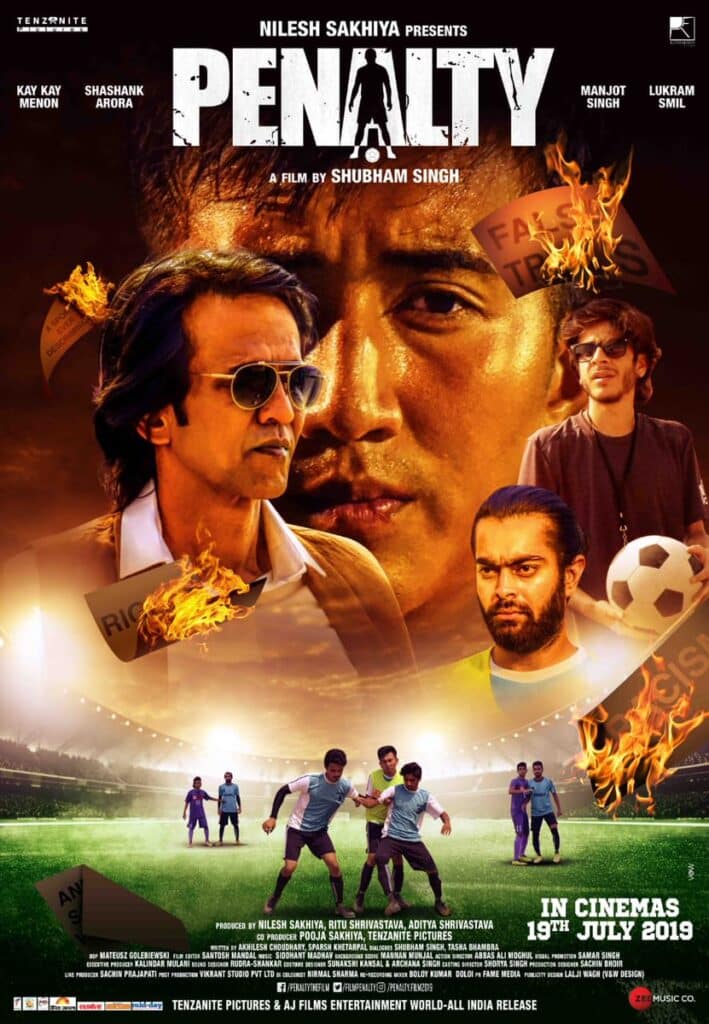
India has a lot of problems. The superstars that tried rallying for Black Lives Matter need to pick up issues closer in geography. Whether it is to disassociate themselves from brands that introduce racial, color, caste bias or to stand up for issues of police brutality, human rights and racism.
Standing up to brands does not mean allowing them to rebrand and sell the same fare under another name but rejecting the whole concept that you cannot be beautiful if you are not fair, you need to look a certain way to be beautiful, you cannot be diverse and be Indian, you cannot practice a certain religion to be Indian, you cannot be mongol or dravidian to be classified Indian or because you are short, you can be called “chotu” or “kaloo” if you are dark complexioned.
India needs to start the change with ourselves as a society before trying to change how the world views us. The socio-institutional racism in all its forms will never let India thrive. Its strength is its plurality.
Penalty is another such movie that brings to fore the culture of calling North Eastern Indians by socially degraded names and consider them not to be a part of the country because they look more Mongol. Coming from a country that gets moved to patriotic fervor if China or Pakistan try to invade parts of our land, but cannot respect the people that land belongs to is pretty rich. And outright disgraceful.
So what is great about Penalty is the story. The other factor that works for the movie is the inimitable KK Menon. Had it not been for that one anchor holding the narrative together, the movie could have landed in the documentary section of most streaming platforms.
The issue with the direction is that it is too lax, the performances are not mature and the editing, cinematography and photography, timing, narrative, is too inferior in its craft to be considered professionally produced.
We love that the issue of personal bias along with deep rooted prejudice that drives a palpable story, yet it falls short on screenplay and narration.
Nevertheless, it is worth a watch, if not for the direction but for the support of the issues that it brings to fore and the indigenous actors it engages – Lukram Smil, Manjot Singh and Shashank Arora.




